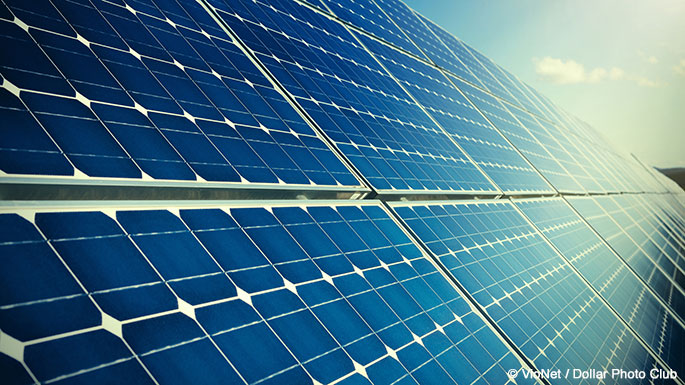
One of the vexing problems that modern civilization faces is what to do with old-fashioned lead car batteries. Lead batteries are being gradually replaced with newer, lead-free batteries. But just tossing lead batteries into a landfill is not a good idea. Lead is a poison that, if it gets into the food chain, can cause neurological damage to animals and people.
MIT News reports on a new recycling innovations that extracts the lead from these kinds of batteries and creates new, high-efficiency solar cells. It turns out that lead is an ingredient in a new type of solar cell made from crystalline photovoltaic materials called perovskites. These types of solar cells are easier and cheaper to manufacture than those that use silicon and have the potential to be more efficient, as well.
The problem is that mining and refining lead has deleterious environmental effects. Toxic vapors, high energy consumption, and greenhouse gasses combine to make using lead dubious at best. However, recycling lead from car batteries is relatively easy and far more benign to the environment.
The lead that is used in these new types of perovskite solar cells is encapsulated in other materials, so no chance exists that it will escape into the environment. What is more, when the solar cells reach the end of their operating life, the lead can be recycled and used in newer cells.
The task ahead is to start creating these new types of solar cells using recycled lead on an industrial scale and start selling them on the open market. The process keeps a toxic material out of the environment, to create clean, renewable energy. That sounds like a win-win all around.




































































































































 Three Ways to Engage Teams and Clients to Maximize Your Recycling Program Engagement
Three Ways to Engage Teams and Clients to Maximize Your Recycling Program Engagement  How to Integrate Accessibility Into Your Sustainability Planning
How to Integrate Accessibility Into Your Sustainability Planning  Why Park Benches Can Promote Workplace Well-Being
Why Park Benches Can Promote Workplace Well-Being 
